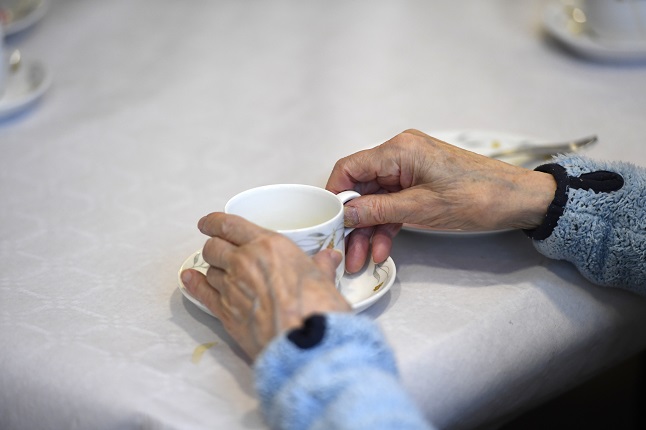Every year since 2013, Sweden's National Board of Health and Welfare has sent out a questionnaire to over-65s who either live at home with support from home-care or at a residential care home for the elderly.
This year the survey was sent out between March and May, and shows that a greater proportion of respondents are experiencing worry, fear, anxiety and loneliness compared to previous years, the agency said.
“We have received signals from, among others, staff in the elderly care sector and relatives, that the Covid-19 pandemic, and specifically the visiting ban, has increased these concerns,” said Michaela Prochazka, coordinator for elderly care at the National Board of Health and Welfare.
However, the rise was not dramatic, showing how the pandemic has shone a light on problems that already existed within the sector.
More than half (51 percent) said they had at least mild difficulties with worry or anxiety, an increase of three percentage points from the previous year. The number who experienced serious difficulties remained at the same level, 12 percent.
Meanwhile, the number reporting loneliness rose, also by three points, to 50 percent of respondents.
Sweden banned visits to elderly care homes on April, with some implementing their own bans even before this point. Over the summer, measures were put in place to allow outdoor visits, and the nationwide ban will be lifted in October.
The ban is thought to have helped save lives, but health authorities are worried that it is leading to increased isolation and loneliness among people, many of whom are very old and vulnerable, who have not been able to receive visits from friends and family as normal.
In explaining the decision to lift the ban, the National Board of Health and Welfare said that the rate of infection had decreased, and that care homes were now better equipped to handle testing and hygiene procedures than they were during the peak of the coronavirus outbreak.


 Please whitelist us to continue reading.
Please whitelist us to continue reading.
Member comments